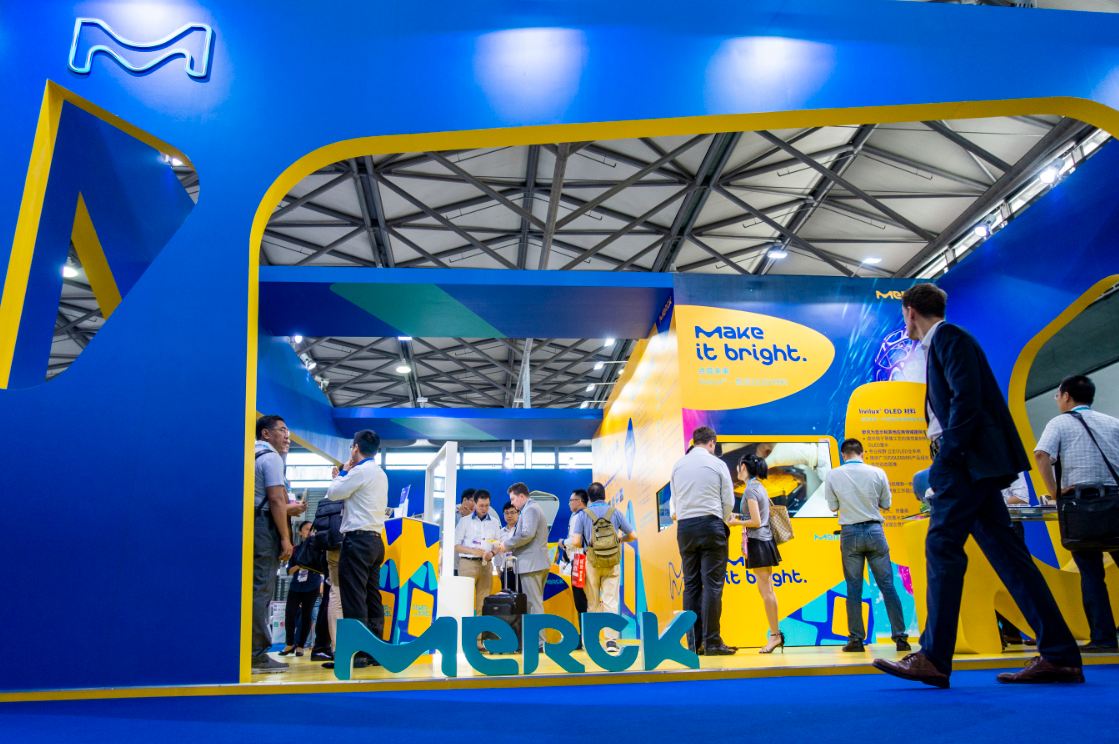Merck to use AI to help research scientists
By He Wei in Shanghai | chinadaily.com.cn | Updated: 2019-05-08 17:38

Science and technology conglomerate Merck Group is looking to use artificial intelligence to help scientists define research topics and predict chemical reactions.
This can save significant time, reduce costs and identify possible pathway options for desired research results, especially in new drug development, according to a senior executive.
Partnering with universities, startups and other research institutions, the company will use algorithms to explore thousands of possible pathway options for target molecules, said Steve Vermant, managing director of life science at Merck in China.
"AI can help researchers to be more efficient in defining what they need to do, improve the quality of the research, and get good answers faster," Vermant said.
In the process of chemical reactions, the most significant challenge in finding viable synthetic pathways is navigating the complex matrix of synthetic possibilities while accounting for what has been done, what could be done and what starting materials are available.
Merck has adopted an AI-backed retrosynthesis software called Synthia. With its aid, chemists stand to analyze tens of thousands of pathways for known and novel molecules against different search criteria, which allows for testing what's probable without the hassle of conducting experiments.
Merck is also partnering with different AI players in different areas from digital pathology to drug research.
Merck has established a data-sharing aggregator through a joint venture to allow fellow cancer centers access data and consequently use AI to determine which drugs should serve certain patients.
Vermant said Merck is in a good position to use AI in China, a country that publishes over 40 percent of global AI research papers.
"It can make a difference in life science research by integrating the traditional business model and portfolios and using AI as an accelerator and an adviser," he said.
One recent push toward that goal has been hosting a retrosynthesis reaction prediction contest, which encouraged researchers from universities, institutions and startups to extend chemical synthesis portfolios into the digital realm.
This is among a series of attempts to encourage more talent to embrace technology by collaborating with the local science community, Vermant said. One challenge, though, lies in the availability and quality of data.
























